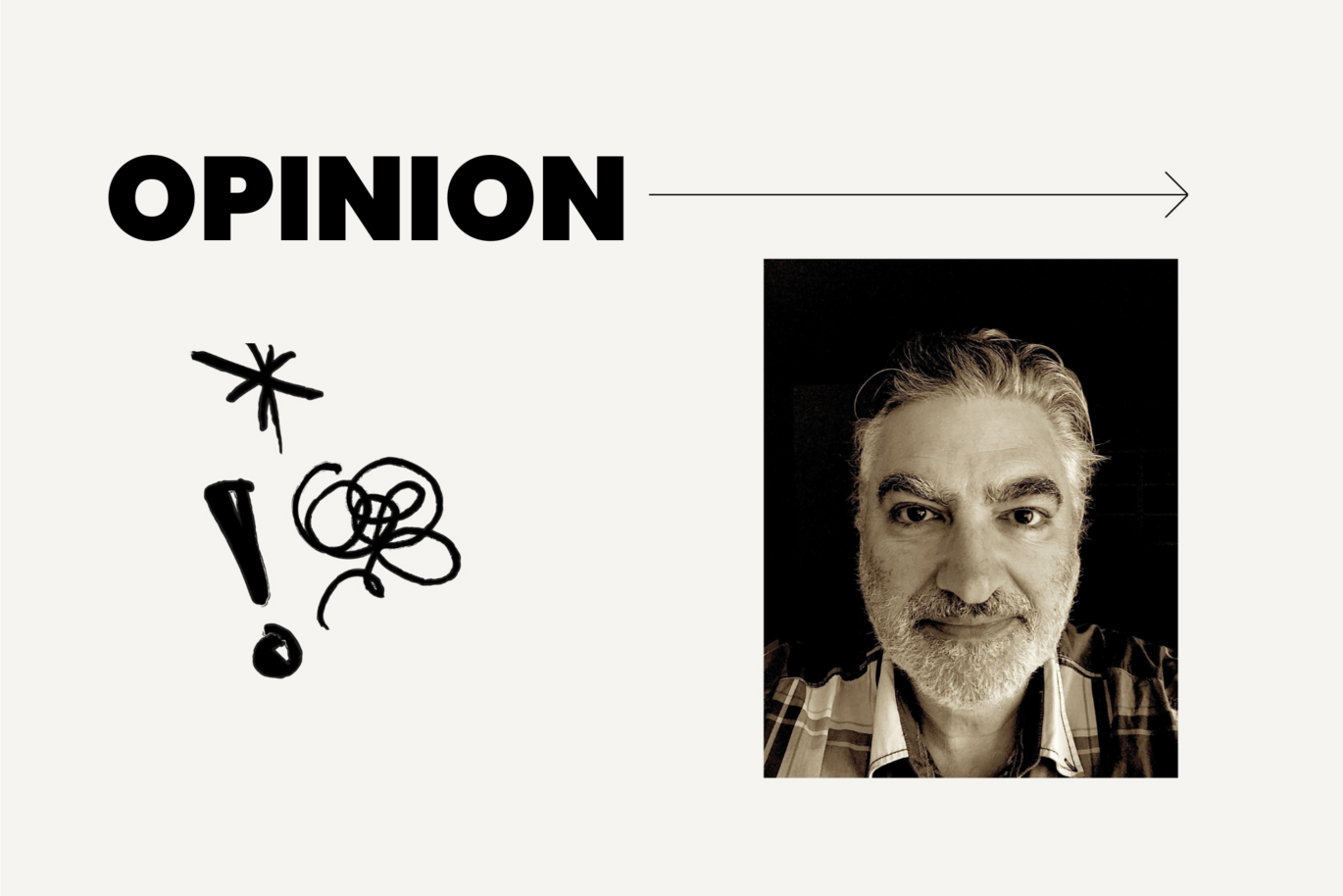OPINION: The erotic Fordism of the university
Too many people experience unwanted sexual attention at university. Although the legal framework is clear, there is a need for better communication to staff on how to respect others’ boundaries – and for support in saying “fuck off” if those boundaries are crossed, writes Olav W. Bertelsen, associate professor at the Department of Computer Science and joint union representative for Natural Sciences.

This is an opinion piece, the views expressed in the column are the writer’s own.
The latest workplace assessment (WPA) at Aarhus University serves as a reminder that sexual harassment remains an issue. The proportion of staff who have experienced unwanted sexual attention has doubled since the last WPA (from 1 to 2 percent). This is not surprising in light of, for example, VIVE's 2024 study, which pointed to serious problems with various forms of sexism and harassment at Danish universities.
At university, we have a special kind of erotic Fordism that we collectively need to get better at navigating. By erotic Fordism, I mean that many find their erotic partners and life companions in academia at university. Like the workers at Henry Ford's car factories, who could live their entire lives on the factory grounds, where there were homes, shops, welfare facilities and whatever else one needed to live a good life. The erotic Fordism of the university is not planned by the management, but has a structural character. Many live the majority of their lives in the professional environments and get together with someone who knows and lives in the engulfment and commitment of university life. That in itself is both good and natural. Erotic Fordism does not necessarily imply harassment or the exertion of sexualised power downwards in hierarchical structures, and is therefore not something we need to combat as such.
The erotic Fordism of the university is distinctive in that work and person often merge. Research work involves many diverse relationships, many of which are not clearly defined. It can create confusion about interest and intent. In addition, the university is the meeting place for cultures with very different conceptions of gender, romance, etc. Finally, academia promotes individuality in a way that makes it difficult to implement common norms.
The professional space should not be eroticized
We probably all know examples where a colleague has mistaken academic status for erotic status, or where academic interest was perceived as a form of erotic interest. It should be obvious that when a PhD student in their twenties wants to talk to a professor in their fifties at the summer party, it’s not because of erotic interest. But interest between colleagues at the same level can also be, and is, misunderstood. This leads to everything from awkward situations to outright harassment.
We should not have our antennas so far out that colleagues have to spend energy navigating around them.
Our openness to erotic contact, if any, must not result in us eroticizing the professional spaces. We should not have our antennas so far out that colleagues have to spend energy navigating around them. It must not be the case that colleagues constantly have to assess whether their own actions, aimed at doing their job properly, could be misinterpreted as erotic interest. Although there is no question of harassment or abuse based on power misuse in asymmetrical situations, the university’s erotic Fordism can still pose a problem for the work environment. We have to deal with that.
Difficult environment to navigate and set boundaries in
Most people probably have a healthy, self-critical understanding of others’ interest and can set boundaries for their own behaviour. However, not everyone intuitively understands that the university is not primarily a space for erotic conquest, and that lustful looks are always too long if they are not clearly reciprocated.
The steep hierarchies, complex working relationships, emphasis on individuality, and the many different cultural backgrounds that come together make it harder to navigate and more difficult to set boundaries.
We should not banish the erotic Fordism of the university, but make clear that the steep hierarchies, complex working relationships, emphasis on individuality, and the many different cultural backgrounds that come together make it harder to navigate and more difficult to set boundaries.
And we must not downplay that the erotic Fordism of the university is challenged by steep hierarchies, career gatekeepers, and so on – issues that the #MeToo movement brought to light in the film and media industries.
"Fuck off"
The legal framework is clear: unwanted sexual attention can have employment consequences. What we lack is more pedagogy – practical guidance that helps individuals avoid overstepping others’ boundaries and makes it easier to push back against unnecessary eroticization. This cannot be achieved simply through personnel policies framed in cautious legal language.
It is hard to identify a single best approach; indeed, it may be essential to have a variety of resources and a collaborative effort. These could include anonymised case studies, guides on how to discuss appropriate behaviour with younger colleagues at our university, and much more. Some of this material might even be incorporated into new employee onboarding.
Furthermore, there should be clearer information on where to turn if someone experiences unwanted sexual attention or eroticisation – even if it’s just for advice or support to say, “Fuck off.”
This text is machine translated and post-edited by Cecillia Jensen.

